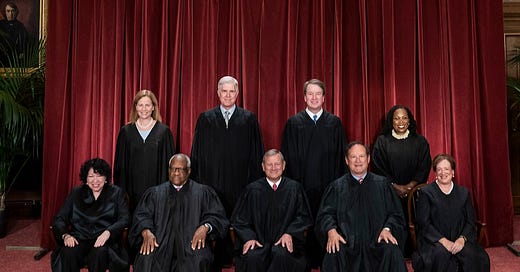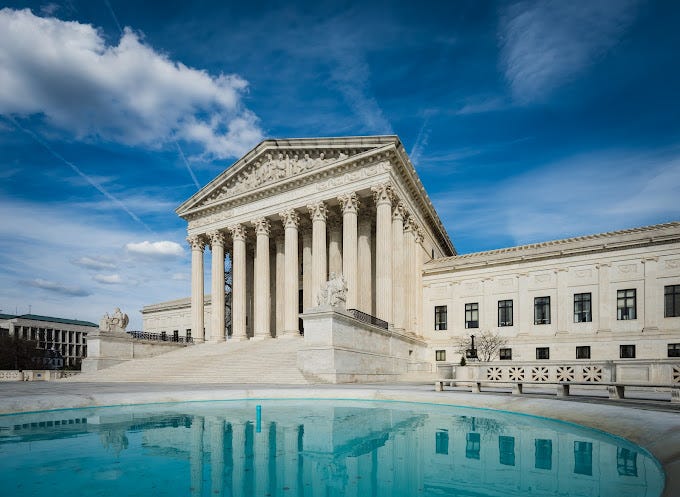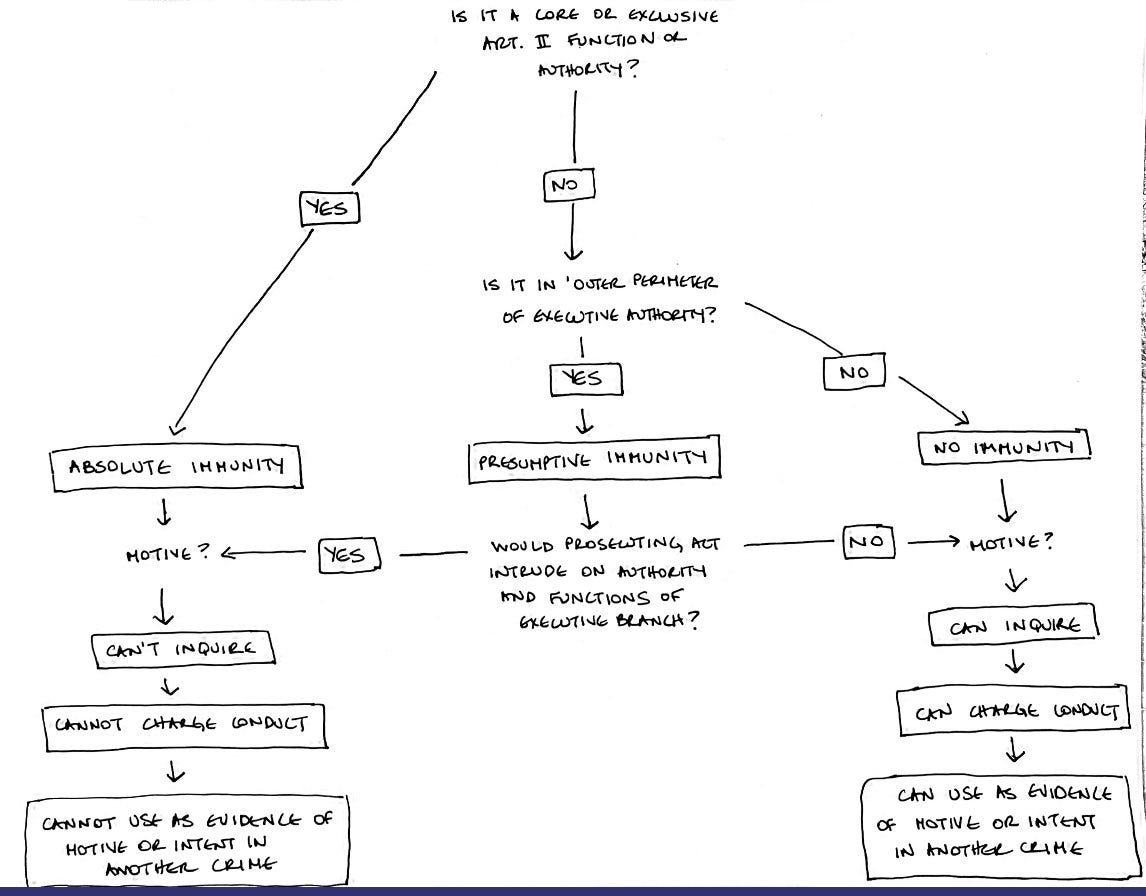US Supreme Court Rules on Presidential Immunity: 4 Key Takeaways
Introduction
The Supreme Court ruled on Monday that former President Donald Trump, along with other presidents, enjoys significant immunity for actions taken while in office. This decision has implications not only for Trump's criminal cases but also for future presidencies. In our follow-up article, we cull out the 4 key takeaways from this historic verdict.
Absolute Immunity for Core Constitutional Powers
To recapitulate, in a 6-3 decision, the Apex Court ruled that a president is absolutely immune for actions taken while exercising his “core constitutional powers” and is entitled to the presumption of immunity for all official acts. The Court emphasized that this immunity is crucial to safeguard the independence and effective functioning of the Executive Branch and to enable the President to carry out his constitutional duties without undue caution.
No Immunity for Unofficial Acts
However, the Supreme Court also determined that a president is not immune from prosecution for unofficial acts. This ruling means that Trump's 2020 federal election-subversion trial can continue, but some of his conduct is now exempt from prosecution, leading to a potentially prolonged legal battle that could extend beyond the 2024 election.
Key Takeaways from the Ruling
1. A Clear Victory for Trump
While Trump did not receive absolute immunity for all acts, the decision is a significant political victory for him. The court set broad parameters and sent the case back to U.S. District Court Judge Tanya S. Chutkan to consider how those parameters affect the case. Key points include:
Trump is absolutely immune from prosecution for any conduct involving discussions with Justice Department officials, which includes a significant part of his federal indictment.
He is presumed immune from prosecution for pressuring then-Vice President Mike Pence to overturn the election on January 6, 2021, as these acts involve official conduct. The burden is on the government to prove that prosecuting Trump for this wouldn’t intrude on the Executive Branch's authority.
Trump can still be prosecuted for other actions, especially those involving people outside the executive branch and in the states. This means some of his conduct can still be prosecuted, but some cannot, and the details will be determined by further legal proceedings.
The Court also ruled that conduct for which Trump is immune cannot be used as evidence against him, further complicating the prosecution's case.
2. Likely Delay Beyond the 2024 Election
The ruling is expected to delay Trump's trial beyond the 2024 election. Judge Chutkan will need to consider which parts of the prosecution’s case are now permitted, leading to lengthy arguments and appeals. The Supreme Court suggested that certain aspects of the indictment, including Trump's comments on January 6, will need to be revisited.
3. Liberal Justices Warn of Dire Consequences
The court's liberal justices warned that the decision could empower future presidents to take drastic actions. Justice Sonia Sotomayor wrote a strong dissent, stating that the ruling makes a president “a king above the law” in every use of official power. Justice Ketanji Brown Jackson echoed these concerns, warning that a president could now be immune from serious charges like ordering assassinations or instigating a coup.
4. Implications for Democrats
The ruling adds to a challenging period for Democrats, following President Biden’s poor debate performance and other unfavorable Supreme Court rulings. This decision complicates the government’s case against Trump and may empower him to use executive power more aggressively in a potential second term. It also raises internal party debates about the best candidate for the 2024 election.
Summing Up
The Supreme Court's ruling on presidential immunity has significant implications for the prosecution of former presidents and the interpretation of official versus unofficial acts. As the case returns to the lower court, the nation awaits further developments and their potential impact on the upcoming presidential election. Meanwhile, Trump’s sentencing in the unrelated "falsification of business records" case, known as the Stormy Daniels case, remains scheduled for July 11, where it remains to be seen if he will receive a prison term.
If you believe this article would interest someone you know, please feel free to share it anonymously (for us), using any platform that you prefer.







